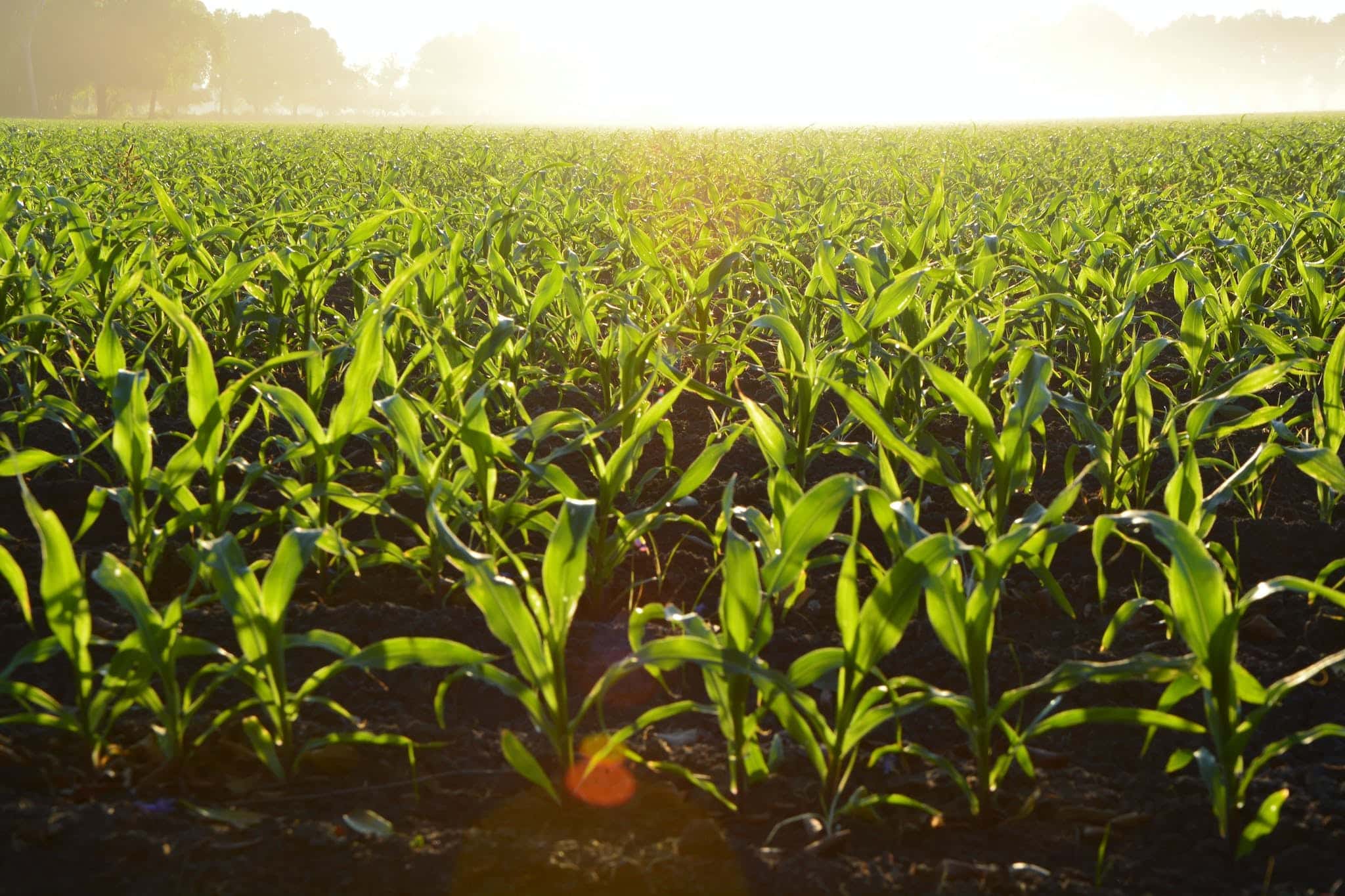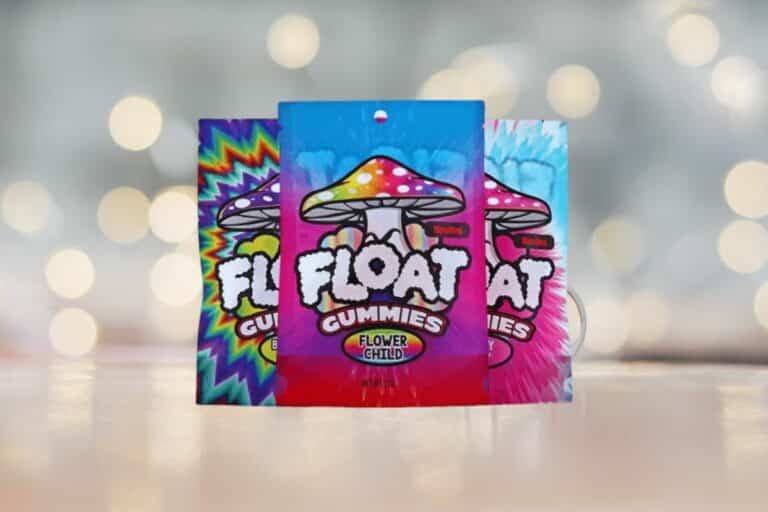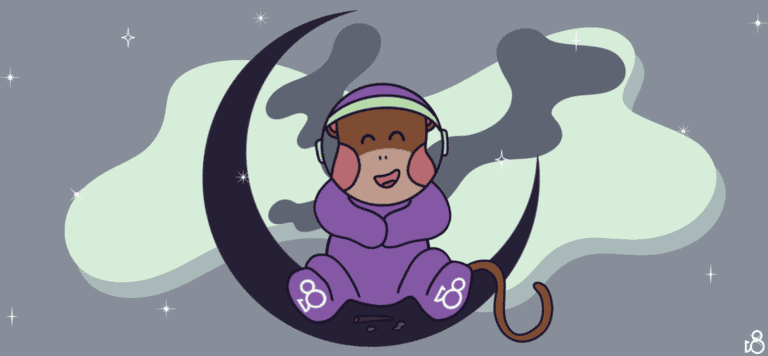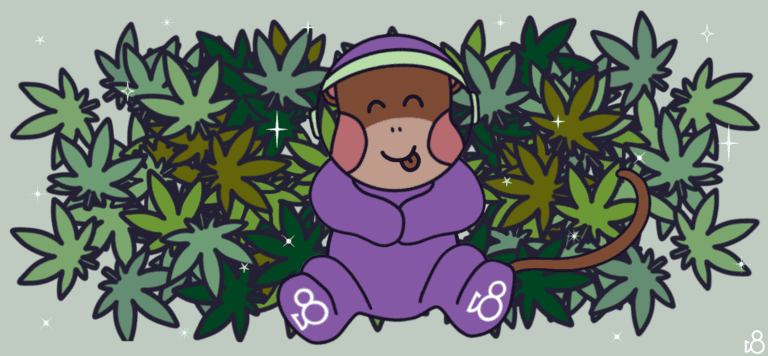Is Delta 8 THC Legal in Nebraska? State Laws and Regulations Update
Wondering if **Delta 8 THC** is okay to enjoy in Nebraska? Take a plunge into the world of cannabinoids to learn why Delta 8’s legal status is super important. The 2018 Farm Bill was a game-changer, giving hemp treats like Delta 8 THC the nod from Uncle Sam, which kicked off a hemp craze. For all the juicy details, check out this page. Why stick around here? Getting to know the ins and outs of the hemp universe could open the door to some awesome new experiences.
Table of contents
In Nebraska, the laws surrounding cannabis and its compounds are subject to state legislation. While the state aligns with federal law in legalizing hemp-derived compounds, the specific status of Delta 8 THC has faced scrutiny. You should be aware that state laws can interpret the legality of hemp derivatives differently, and it’s vital to know the current legal framework within Nebraska regarding Delta 8.
Legality of Delta-8 THC in Nebraska
Understanding the intricacies of Nebraska law reveals the complex nature of the legal status of Delta-8 THC in the state. Your awareness of these laws is crucial, especially since they can differ significantly from federal regulations.
Current Legal Status
As of the latest information, Delta-8 THC is a controlled substance in Nebraska. This designation means that it is illegal to manufacture, distribute, or possess Delta-8 THC products under state law. Nebraska’s stance reflects a conservative approach to cannabinoids that are similar in structure to Delta-9 THC, the primary psychoactive component in cannabis.
Nebraska Hemp Farming Act
The Nebraska Hemp Farming Act aligns with the 2018 Farm Bill, which federally legalized hemp containing no more than 0.3% Delta-9 THC on a dry weight basis. However, this act does not extend legality to all hemp-derived compounds. Nebraska specifically lists Delta-8 THC as a controlled substance, separate from the federal de-scheduling of some hemp byproducts in the Hemp Farming Act.
Comparison with Federal Law
While federal law, through the 2018 Farm Bill, has legalized hemp-derived cannabinoids, Nebraska stands apart by treating Delta-8 THC differently. Federally, Delta-8 THC is not explicitly illegal if derived from hemp, leading to a gray area complicated by the lack of clear FDA regulations on the compound. In comparison, Nebraska’s explicit classification of Delta-8 THC as a controlled substance makes its legality distinct and separate from the more permissive federal stance.
Remember to always stay informed on the latest legal changes, as the landscape around Delta-8 THC and related cannabinoids can evolve rapidly.
Delta-8 THC vs. Other Cannabinoids
In your exploration of Delta-8 THC, it’s crucial to understand how it differs chemically from other cannabinoids, its unique effects on consumers, and the regulatory challenges it poses.
Chemical Differences
Delta-8 THC is one of the many cannabinoids present in the cannabis plant. While chemically similar to Delta-9 THC—the primary psychoactive component in cannabis—Delta-8 is distinguished by the location of a double bond in its molecular structure. Delta-8 THC has the double bond on the 8th carbon chain, whereas Delta-9 THC has it on the 9th. This slight shift profoundly affects how it interacts with your body’s endocannabinoid system.
Effects on Consumers
Delta-8 THC is often described as an intermediate between CBD (cannabidiol) and Delta-9 THC. It tends to produce a more subdued, clear-headed high compared to the intense high of Delta-9 THC, with a lower risk of anxiety and paranoia. Due to its unique properties, Delta-8 can be a preferred choice for those interested in the therapeutic benefits of THC without the potent psychoactive effects associated with traditional marijuana.
Regulatory Challenges
The emergence of Delta-8 THC derived from hemp introduces a complex legal landscape. Because it can be synthesized from CBD extracted from legally grown hemp, Delta-8 occupies a gray area. Its legal status can vary greatly, even from state to state, and the regulation of Delta-8 THC has become a topic of discussion among lawmakers and the public. Legislation and enforcement regarding the sale and use of Delta-8 are still evolving, with states like Nebraska scrutinizing its legality and safety.
Hemp and Its Derivatives in Nebraska
As you navigate through the legal landscape of hemp in Nebraska, it’s essential to grasp the particulars of hemp cultivation laws, the regulations surrounding hemp products, and the crucial distinctions between industrial hemp and marijuana.
Hemp Cultivation Laws
In Nebraska, hemp cultivation is tightly overseen to ensure compliance with federal guidelines. The state mandates that hemp, categorized as Cannabis Sativa with a delta-9 tetrahydrocannabinol (THC) concentration of no more than 0.3%, is permissible to grow. Growers must be licensed, and their crops are subject to testing to assure the THC levels do not exceed the legal threshold.
Hemp Products Regulation
The regulation of hemp products within Nebraska is a developing area of law impacted by both state and federal legislation. While certain hemp derivatives like delta-8 may exist in a gray legal area, products derived from industrial hemp that meet THC content requirements are generally legal under the 2018 Farm Bill. You should remain aware that the laws are subject to change and can vary in interpretation by state agencies.
Industrial Hemp vs. Marijuana
Understanding the difference between industrial hemp and marijuana is critical. Industrial hemp is recognized for its use in producing a variety of products, including textiles and CBD oil, due to its low THC content. Conversely, marijuana, also a form of Cannabis Sativa, is classified differently because of its higher THC content, which falls under the Controlled Substances Act. This classification makes marijuana a heavily regulated substance, unlike industrial hemp, which is legally cultivated under specific conditions.
Consumer Safety and Delta-8 THC
When it comes to Delta-8 THC, consumer safety hinges on the integrity of product testing, transparency through a Certificate of Analysis, and consumer awareness about these products.
Product Testing and Regulation
The Food and Drug Administration (FDA) has not evaluated most Delta-8 THC products for safety, which is a crucial consideration for you to be aware of. Without standardized regulations, the quality and purity of Delta-8 THC such as gummies or a vape pen can vary significantly. In Nebraska, the Attorney General’s stance holds weight on the legality and subsequent regulation of Delta-8 THC.
Certificate of Analysis
A Certificate of Analysis (CoA) is a document from an accredited laboratory that shows the quantity of various cannabinoids in a product. You should always check that your Delta-8 THC product comes with a CoA to ensure it has been tested for contaminants and the accuracy of labeling regarding its THC content. This document will confirm whether the euphoric effects you might experience align with the potency listed on the product’s label.
Consumer Awareness
As a consumer in Nebraska, understand that Delta-8 THC can produce euphoric effects similar to Delta-9 THC (commonly just referred to as THC). Delta-8 products should be labeled correctly, stating the potential risks and recommended dosages. It’s your responsibility to seek out information on the Nebraska Attorney General’s current position regarding these substances to stay informed about their legal status.
The Delta-8 Market and Availability in Nebraska
The market for Delta-8 in Nebraska is evolving, and if you’re curious about its availability and impact on the local industry, including the legal frameworks around purchase and consumption, the following sections will detail what you need to know.
Product Availability
Delta-8, a compound structurally similar to THC, the primary psychoactive ingredient in cannabis, is becoming more prevalent in Nebraska. Despite legal ambiguity, you can find Delta-8 products ranging from tinctures to edibles in various retail locations. Whether looking for recreational or potential medical benefits, check the availability of these products at vape shops, specialized CBD stores, and some online marketplaces. However, since regulations can change, it’s crucial to stay informed about the most current legal status.
Impact on Local Industry
The emergence of Delta-8 in Nebraska’s market has prompted local businesses to explore this cannabinoid’s potential. As Delta-8 walks a fine line legally, it’s impacted the cannabis industry in a unique way—some entrepreneurs are cautiously optimistic, while others are wary of the regulatory uncertainties. If you’re part of or interested in Nebraska’s cannabis sector, keep an eye on legislative developments as they will likely influence the industry’s trajectory.
Legal Purchase and Consumption
When considering the purchase and consumption of Delta-8 in Nebraska, your awareness of state laws is imperative. As of now, Nebraska’s legislation does not explicitly ban Delta-8, allowing for its sale and consumption within the state. However, the substance’s close relation to Delta-9 THC (which is illegal under federal law except when derived from hemp with a THC concentration of not more than 0.3 percent on a dry weight basis) complicates its status. For your safety and compliance with Nebraska law, it’s wise to verify the most up-to-date legal guidelines before acquiring or using Delta-8 products.
Legal Implications for Stakeholders
In Nebraska, the legality of Delta-8 remains a complex issue for stakeholders that include sellers, consumers, and law-enforcement agencies. Understanding your legal responsibilities and rights is crucial due to existing regulations and the position of the Attorney General on this matter.
Responsibilities of Sellers
As a seller in Nebraska, you must be aware that currently Delta-8 is in a regulatory gray area. You should regularly consult the state’s Attorney General’s guidelines to stay compliant with state laws. It is your duty to verify the age of your buyers, as there may be age restrictions specific to purchasing Delta-8 products.
Consumer Legal Concerns
As a consumer, knowing whether Delta-8 is legal for personal use is essential. In Nebraska, there is potential risk as laws and interpretations can change. You are responsible for staying informed about the legality and regulation status of Delta-8, as ignorance of the law does not exempt you from compliance.
Authorities and Enforcement
The authorities in Nebraska, including the Attorney General’s office, are tasked with the enforcement of state laws concerning Delta-8. You should be aware that law enforcement agencies have the right to interpret the current laws as they pertain to Delta-8 products and take action accordingly. Compliance with current laws is critical to avoid penalties.
Frequently Asked Questions
The legality of Delta-8 THC in Nebraska is a complex topic, influenced by both state and federal regulations. These FAQs address the current legal landscape surrounding Delta-8 in the state.
What are the current regulations regarding Delta-8 THC in Nebraska?
As of the last update, Nebraska law does not explicitly ban Delta-8 THC, allowing its presence in the market under certain conditions that align with the federal definition of hemp-derived products.
Are there legal ramifications for possessing Delta-8 THC products in Nebraska?
Possession of Delta-8 THC products in Nebraska follows the federal guidelines, meaning that as long as Delta-8 is derived from hemp and contains less than 0.3% Delta-9 THC, it falls within legal boundaries for possession.
What distinguishes the legality of Delta-8 and Delta-9 THC in Nebraska?
The key distinction between the legality of Delta-8 and Delta-9 THC in Nebraska hinges on the source of the compound and its THC concentration; Delta-9 is generally illegal unless it’s in a form that’s approved by the FDA or complies with state medical marijuana laws.
How does Nebraska law treat the sale of Delta-8 edibles and gummies?
The sale of Delta-8 edibles and gummies is permitted in Nebraska, provided they are derived from legally grown hemp and contain no more than 0.3% Delta-9 THC.
Can individuals legally consume Delta-8 THC products in public spaces within Nebraska?
Consuming Delta-8 THC products in public spaces in Nebraska is not addressed in specific terms by the law, so it’s advisable to be cautious and aware of local regulations and potential updates to state laws.
What have been the recent legislative changes affecting Delta-8 THC’s legal status in Nebraska?
There have been no recent legislative changes directly affecting the legal status of Delta-8 THC in Nebraska. However, since cannabis laws are subject to change, it’s important to stay informed about the latest developments.






